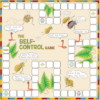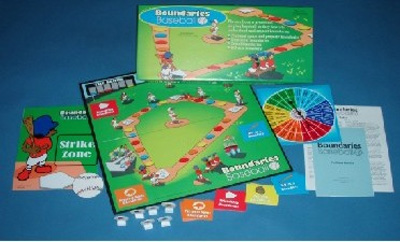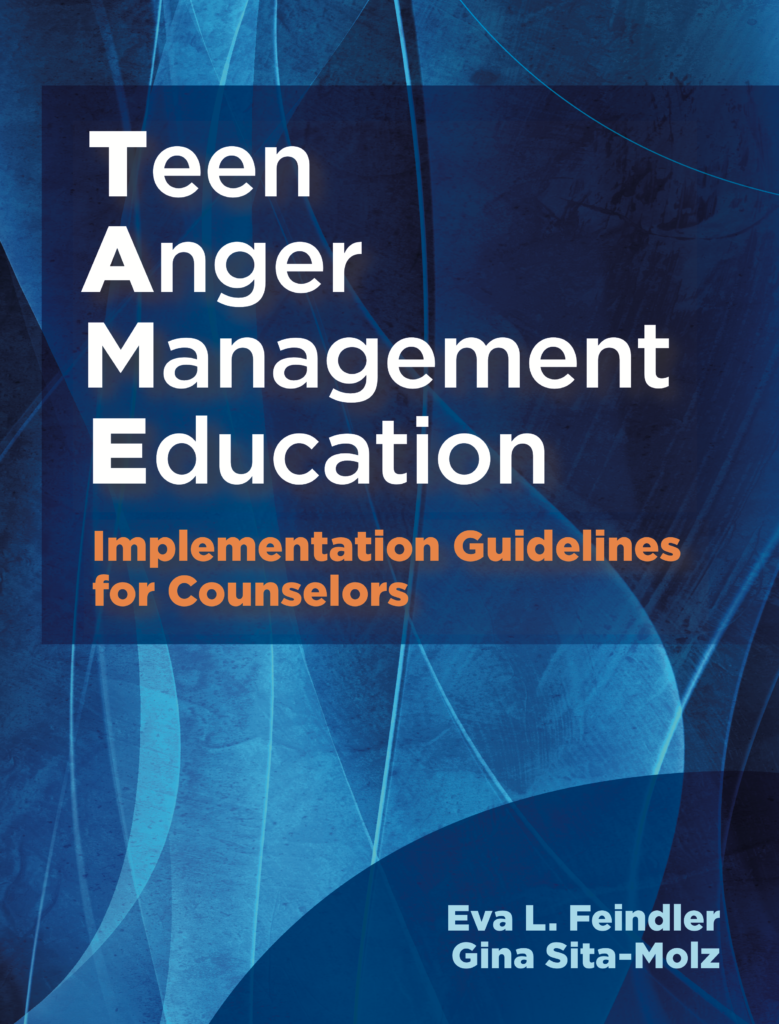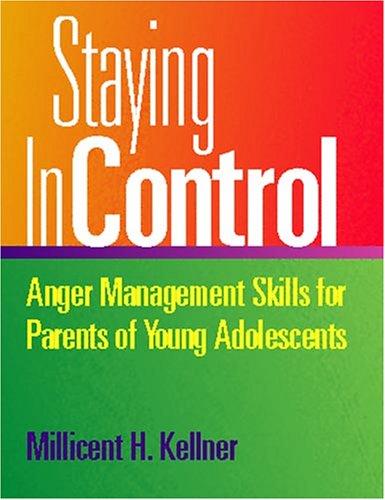Grades 3-12. This game is an easy way to apply cognitive-behavioral techniques to impulsive or hyperactive behavior.
It addresses 24 specific traits and behaviors classified as impulsive, inattentive, or hyperactive. As players move around the game board and respond to questions on game cards, they learn how to exercise self-control in academic and social situations. Includes two inventories designed to help identify self-control strengths and weaknesses.
At the end of these instructions are two inventories designed to help identify a child’s self-control strengths and weaknesses. The first inventory directs a parent or teacher to evaluate the child’s specific behaviors in relation to the behavior of other children of the same age; it offers a straightforward summary of the child’s self-control skills. The second is a 24-item questionnaire that prompts the child to disclose his or her attitudes toward the behaviors typical of children with self control problems; it includes three scales that correspond to the three broad categories of the behaviors outlines in the previous section.
These inventories may be photocopied and administered to the player(s)prior to game-playing sessions. After identifying each child’s strengths and weaknesses, you can select game cards that focus on each child’s individual needs.
Most children and adolescents experience difficulty with self-control at some point during development. For many, this is a problem of such proportion that it requires clinical intervention. For others, the acquisition of several cognitive skills can improve self-control and forestall more severe problems. This game is intended for both of these groups. It emphasizes the behaviors characteristic of children with Attention-Deficit Hyperactivity Disorder:
Impulsivity (IMP)
- Behaves too independently
- Fails to complete tasks
- Performs tasks out of sequence
- Breaks rules
- Replies without thinking
- Seeks immediate gratification
- Behaves carelessly
- Acts without thinking
Inattention (INA)
- Focuses on distractions
- Daydreams
- Fails to listen
- Resists independent work
- Fails to follow directions
- Forgets to fulfill responsibilities
- Loses belongings
- Fails to persist in tasks
Hyperactivity (HYP)
- Fidgets
- Disturbs others
- Has difficulty sitting still
- Behaves dangerously
- Has difficulty calming down
- Destroys objects
- Interrupts others
- Fails to work or play quietly
Five Cognitive Skills
The Self-Control Game helps children modify these behaviors by teaching five cognitive skills:
- Directing behavior with instructional self-statements
- Attributing success to personal effort rather than to chance or others’ behavior
- Using self-reinforcement to support appropriate behavior rather than relying on others for praise
- Appreciating the perspectives of peers
- Planning and implementing behavior modification strategies







